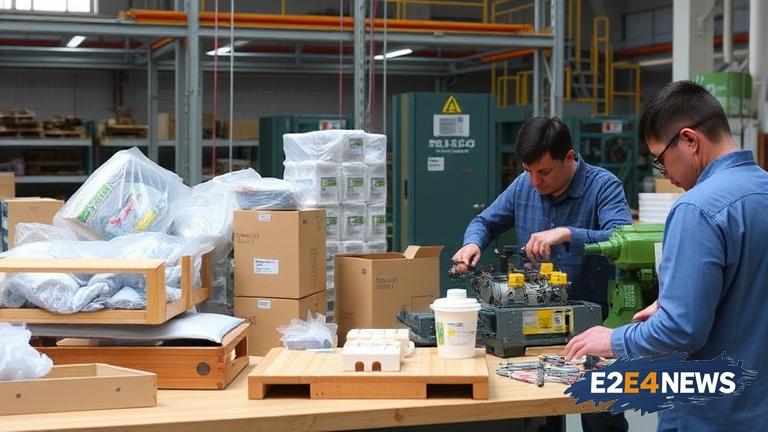In a recent meeting at the Minsk Automobile Plant (MAZ), representatives from Belarus and Vietnam engaged in discussions regarding the potential supply of Belarusian machinery kits to Vietnam for local assembly. The talks centered around the possibility of exporting machinery kits from Belarus to Vietnam, where they would be assembled and potentially distributed to other countries in the region. This collaboration aims to not only bolster the economic ties between the two nations but also to enhance the presence of Belarusian machinery in the Southeast Asian market. The Vietnamese market, with its growing demand for heavy machinery and transportation equipment, presents a lucrative opportunity for Belarusian manufacturers. By supplying machinery kits for local assembly, Belarus can increase its export volumes while Vietnam can benefit from the creation of new jobs and the development of its manufacturing sector. The meeting at MAZ highlighted the mutual interest in deepening bilateral cooperation, particularly in the areas of industry and trade. Belarus has been actively seeking to diversify its export markets and reduce dependence on traditional partners. Vietnam, with its strategic location and favorable business environment, emerges as a promising partner for Belarusian enterprises. The discussion also touched upon the potential for technology transfer and the training of Vietnamese personnel in the assembly and maintenance of Belarusian machinery. This would not only ensure the high-quality assembly of the machinery kits but also contribute to the development of Vietnam’s technical capabilities. Furthermore, the collaboration could pave the way for the establishment of joint ventures or the creation of new production facilities in Vietnam, further solidifying the economic partnership between the two countries. The supply of machinery kits for assembly in Vietnam aligns with Belarus’s strategy to expand its presence in the global market through innovative and collaborative approaches. It also reflects Vietnam’s policy of attracting foreign investment and promoting the development of its manufacturing sector. The success of this initiative could serve as a model for future collaborations between Belarus and other countries in the region, potentially leading to a significant expansion of Belarusian machinery exports to Southeast Asia. In conclusion, the discussions at MAZ mark an important step towards strengthening the economic relationship between Belarus and Vietnam, with the potential to yield mutual benefits in terms of trade, employment, and technological advancement. As both countries continue to explore avenues for cooperation, the future of their partnership looks promising. With the global economy increasingly interconnected, such bilateral collaborations play a crucial role in fostering economic growth and development. The exploration of new markets and the diversification of export bases are essential strategies for countries seeking to enhance their economic resilience and competitiveness. Through this cooperation, Belarus and Vietnam are poised to reap the benefits of a more integrated and collaborative approach to trade and industry development. The potential for growth in this partnership is significant, with both countries standing to gain from the exchange of technology, expertise, and resources. As the world navigates the challenges of economic recovery and growth, the importance of strategic partnerships like the one between Belarus and Vietnam cannot be overstated. These collaborations not only drive economic progress but also contribute to global stability and cooperation. In the context of the current global economic landscape, the initiative to supply Belarusian machinery kits to Vietnam for local assembly represents a forward-thinking approach to international trade and cooperation. It underscores the commitment of both countries to fostering a more interconnected and interdependent world economy. Moving forward, it will be essential to monitor the progress of this initiative and to explore additional opportunities for bilateral cooperation. The success of this venture could have far-reaching implications, not only for the economies of Belarus and Vietnam but also for the broader region. As such, it is an initiative worthy of close attention and support from both the public and private sectors. The future of Belarus-Vietnam economic relations looks bright, with the potential for significant growth and development in the years to come. This promising outlook is a testament to the power of strategic cooperation and the mutual benefits that can be achieved through collaborative efforts.





